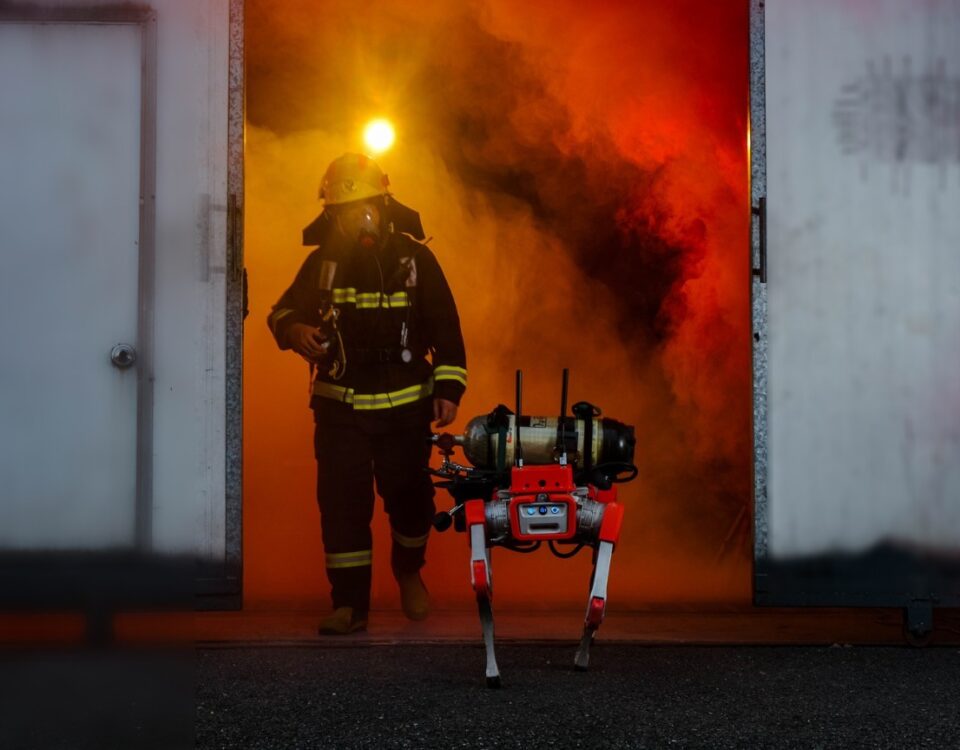
Why did we create the Robotex website?
October 5, 2023
Smart robots for business have changed the service industry
October 5, 2023In today's world of technology, where innovation is becoming an integral part of our daily lives, interactive smart works are gaining popularity among parents, educators and children. These works not only entertain the kids but also play an important role in their upbringing, education and overall development. In this article, we look at the key benefits of using interactive smart robots in the context of children's education and learning.
Interactive smart robots for fun: key benefits for parenting, education and child development
1. Contribute to the development of creativity
Interactive works can stimulate children's imagination and creativity through the various tasks, games and challenges they offer. Children can design their own stories, program the robot's movements, and create music and sounds. This helps to develop creative thinking and teaches children to look for non-standard solutions to problems.
2. Teach the basics of programming
Many interactive robots have built-in programming capabilities that allow children to create their own commands and action sequences for the robots. This is an important skill in today's information society, and it is becoming increasingly important in curricula. Learning the basics of programming promotes logical thinking and develops analytical skills.
3. Improve communication skills
Many interactive robots are equipped with voice interfaces and speech recognition features. This allows children to interact with the robot in the form of a conversation. These interactions help improve communication skills, develop speech and listening, and teach children to express themselves expressively and clearly.
4. Support learning in play
Many interactive robots utilize the concept of "learning by playing". They create learning scenarios that are designed to make learning an interesting and fun process. Children can learn math, science, languages and other subjects through games and quizzes, making learning more accessible and engaging.
5. Develop technological literacy
Using interactive robots teaches children technological literacy, that is, understanding how technology works and how it affects our lives. This skill is important in today's world where technology is rapidly advancing, and is essential to the continued academic and professional success of children.
6. Develop social skills
Interactive works can also be useful for developing children's social skills. They can teach children to cooperate, share, resolve conflicts, and understand the emotions and needs of others. The games and tasks that these works offer can be aimed at developing such skills.



